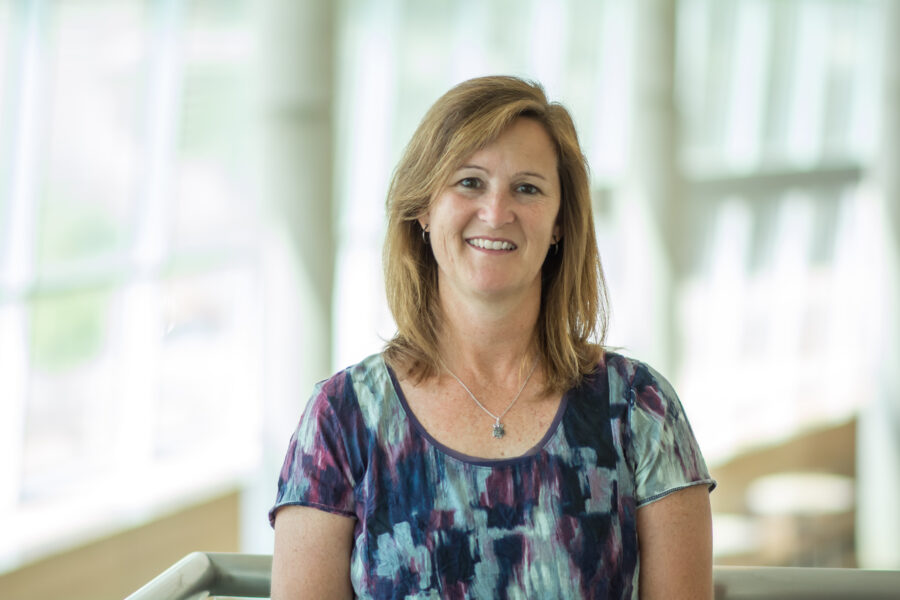Summer is always a fun time to try new activities and refresh our outlook on providing meaningful opportunities for the clients we serve. This summer, the Munroe-Meyer Institute Department of Physical Therapy organized two enriching and inclusive summer camps for children ages 3 to 8 with developmental disabilities. These camps align with our department’s mission to address the “F” words of childhood disability: function, family, fitness, fun, friends and future.
Through the camps, we focused on promoting motor skills, social interaction and a love for physical activity. In ball skills camp, children had a blast refining their reciprocal play abilities. This camp included an icebreaker, followed by activities such as throwing accuracy, partner catching, kicking, dribbling and scoring to help improve bilateral coordination, strength and sports-specific skills. Games like hot potato, catch and “keepy uppy” added a fun twist to the learning process. Each lesson culminated in scrimmages, allowing children to apply their newfound skills in a group game setting.
The playground bootcamp focused on developing essential skills for navigating playground equipment, emphasizing safety guidelines and letting kids explore different structures. Lessons covered balancing and coordination, climbing techniques, sliding skills and active play. In addition, children learned to overcome challenges and improve their motor planning and upper and lower body strength, which assist with overall functional play and participation.
In addition to these two summer camps, the Virtual Reality Laboratory hosted its third HABIT (hand-arm bimanual intensive therapy) camp, a therapeutic camp specifically designed for children with cerebral palsy to work on their bimanual coordination, hand and arm skills. This year’s camp will again take place in virtual reality, utilizing the HABIT-VR video games developed at MMI by James Gehringer, PhD.
Although the traditional HABIT-style camps have consistently shown success in improving hand and arm function in children with cerebral palsy, the format can present limitations due to scheduling conflicts or access to the clinic. To address this issue, HABIT-VR aims to extend the accessibility of HABIT-style treatment beyond the confines of the clinic, by providing practice through a digital video game. The upcoming camp this summer serves as part of an experimental evaluation of the effectiveness of these therapeutic video games, representing another step towards making this life-changing therapy more widely accessible.
By the end of summer, 10 campers will have practiced essential motor skills and enhanced social skills through the five camp sessions. Through these summer experiences, we hope to have sparked a lifelong love for physical activity among campers.
